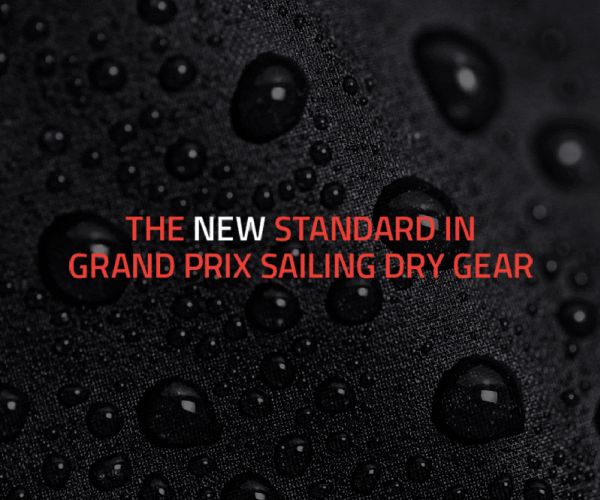From the Radial to the Byte (standard rig)
by Zeke Purves-Smith on 2 Jun 2012
The Radial and the Byte are different boats for different size individuals. In the Byte, a person between 115 and 150 lbs will be competitive in all conditions. In a Radial, the bottom end of the competitive range is 150 lbs or 145 lbs at best and on the high side, 175 lbs.
The Byte handles very much like a Radial, it’s simply smaller and has a better deck layout which runs right to your side. Because it is smaller it requires better sheeting techniques downwind and in maneuvers such as bearing off in heavy air.
As far as training with the Radials, the boats have often raced against each other in Florida and other places. A Byte is smaller and so a 160 lb. individual in a Radial will generally go faster than a 115 lb. individual in a Byte. They are very close in speed however and in some conditions the smaller Byte sailor would be faster. And he/she would certainly be faster than a person of the same weight trying to sail a Radial above 12 knots.
If you want to link to this article then please use this URL: www.sail-world.com/97951

